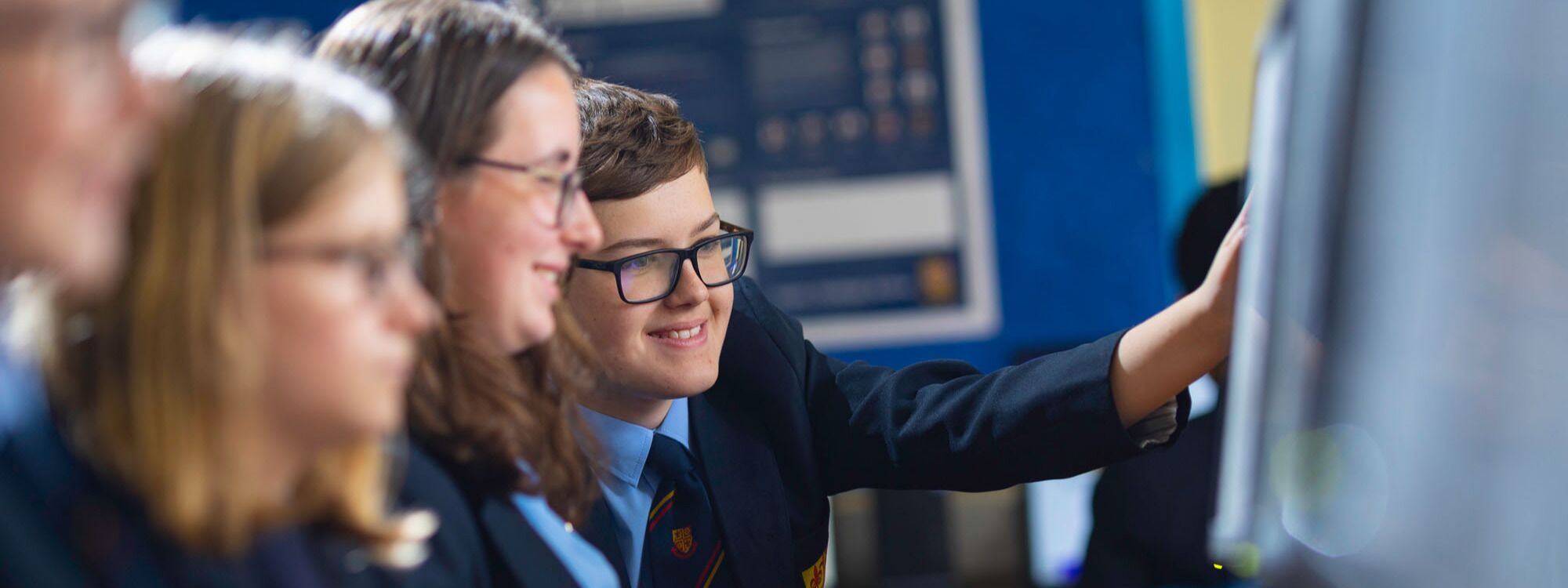
- Home
- Curriculum
- Subjects
- Media Studies (KS4)
Media Studies (KS4)
Back“Fandom, after all, is born of a balance between fascination and frustration: if media content didn't fascinate us, there would be no desire to engage with it; but if it didn't frustrate us on some level, there would be no drive to rewrite or remake it.”
Henry Jenkins
Convergence Culture: Where Old and New Media Collide
Staff members
Mrs J McAllen (Head of Media Studies)
Mr D Glencross
Subject Purpose
Media Studies allows you to analyse how the industries, practices, and content of mass media — which include radio, TV, film, newspapers, magazines, popular music, digital gaming, the internet and social media — shape our perspectives of the world around us.
Media studies plays a fundamental part in our everyday lives as it equips students with the communication and technology skills needed to succeed in the modern workplace, whether in the media industry or not.
KS4 Overview
Qualification Information
Course title: Media Studies (9-1)
Exam board: eduqas
Media is a relevant, diverse and creative subject that has an increasingly important role in all aspects of our lives. It provides us with information and entertainment and communicates social values. When studying media, students will understand how central the media is in a contemporary society. Through studying the theory, media students will understand how the media can shape our perceptions of the world through the representations, viewpoints and messages they offer. Students will study a diverse range of media forms and will analyse the creation and production of products as well as the audiences who consume them and the industries behind them.
Media has many transferrable skills as it fosters the development of analysis, evaluation, critical and reflective thinking, communication and comprehension so compliments many English skills. In addition to this, students in media will be challenged to think differently by being exposed to different ways of thinking through the use of academic theories such as feminism and preferred and oppositional readings of texts.
Finally, media offers students the opportunity to develop their creative skills through the production of a media text using technology. Allowing students this independence to plan, explore and create is very rewarding and provides them with relevant skills for their future.
| Subject Documents |
|---|
| KS4 Overview Media |
